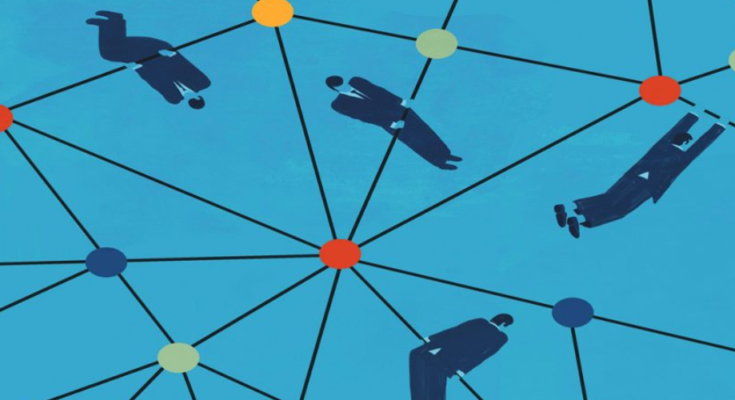Imagine you’re a shopkeeper in 1795, someplace in Spain. You no longer think, as the ancient Egyptians believed, that your monarch, Carlos IV, is a deity who lives on Earth. However, you still feel that he has a divine right to govern over you. You can’t envision any country being well-governed without a monarch to protect and rule his followers.
You’ve heard about the bizarre insurrection in North America in which British colonists thought they could rule themselves without a monarch at all. You’ve also heard of the recent brutal bloodbath in France, when a bunch of so-called revolutionaries assassinated their monarch, overthrew the government, and almost destroyed everything good.However, these attempts appear to be major blunders that are certain to fail.
It just does not make sense to claim, as these democratic revolutionaries do, that people can ever truly rule themselves. That is a contradiction in words, much as suggesting that children can parent themselves or farm animals can run a farm. You believe that anyone can attempt it, but it will never be as effective as a wise and righteous ruler.
Of course, we already know the outcome of those weird democratic experiments. They worked. Very nicely. Over the last two centuries, democratic principles have prevailed in Europe, America, and many other regions of the world. While democratic governments do not exist everywhere in the globe today, their economic, political, and military achievements have far beyond what practically anybody could have imagined in the late 1800s. And, perhaps more crucially, our entire way of thinking about many issues—the function of government, people’s rights, the value of public opinion—has shifted dramatically, even in nations without democratic governments.
We are now in the early phases of another revolution—a corporate revolution—that may eventually be as significant as the democratic revolution in government. The corporate revolution, like the democratic revolution, will force us to reconsider our understanding of control: where does power originate from? Who should have control? Who is responsible?
And, once again, the outcome of this revolution will be a world with greater freedom. A future in which economic power and influence are more widely distributed than our industrial period predecessors could have imagined. A world in which more and more people are at the helm of their own businesses.
In this new world of business, many highly connected individuals will make their own judgments based on information from a variety of sources. Indeed, this transformation is now achievable because new information technologies enable significantly more people to have the information they need to make well-informed decisions—on a scale unprecedented in human history.
These new technologies, however, will not provide the driving force behind this change. It will be driven by our own human desires—not only for economic efficiency and adaptability, but also for non-economic goals such as personal happiness and fulfillment.
In other words, one of the most important drivers of the revolution is that, for the first time in history, new technologies enable us to reap the economic benefits of large organizations—such as economies of scale and knowledge—while retaining the human benefits of small ones—such as freedom, creativity, motivation, and flexibility.
The revolution has already begun. We witnessed its forerunners in the last decades of the twentieth century in discussions about empowering people, outsourcing nearly everything, and establishing networked or virtual firms. We saw it in the dot.combubble’s premature—but partially correct—enthusiasm for new methods of doing business, as well as the tagline “Internet changes everything.” We see it all around us now, with many individuals having more options for how they conduct their jobs.
But, like King Carlos IV’s faithful followers in 1795, most of us don’t yet realize how far-reaching these reforms would eventually be. We still assume, without thinking about it, that someone must be responsible and accountable in business. We believe that managers of well-run businesses should always be in control of what happens. We presume that authority should always originate at the top of an organization and be delegated downward.
However, the underlying technical and economic factors that we face now make these views less relevant. New methods of arranging labor are now feasible. Management is shifting. And this provides each of us greater options for shaping the world that is being produced.


